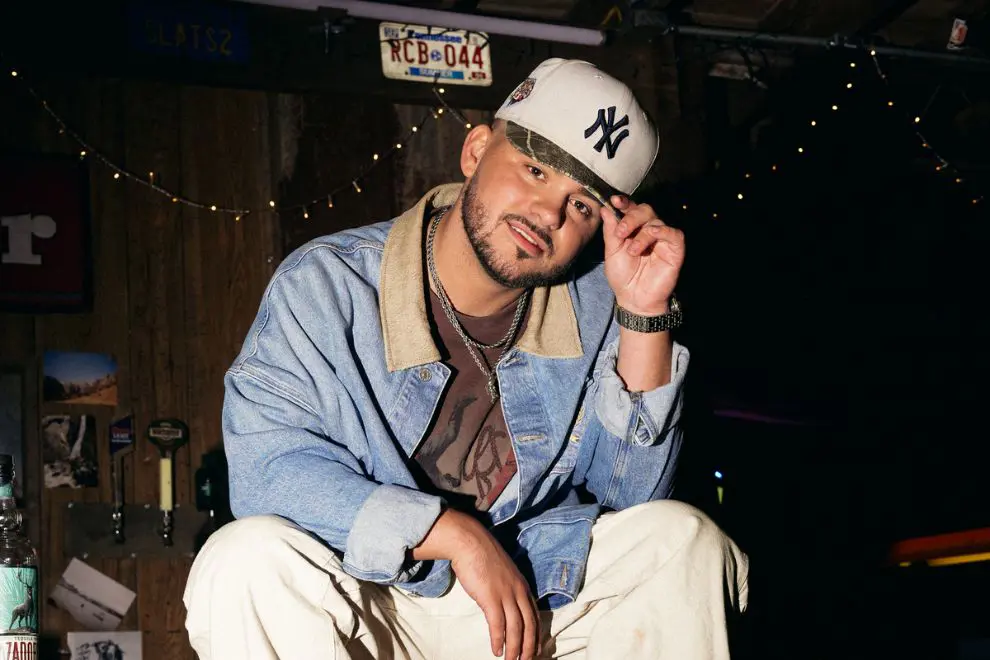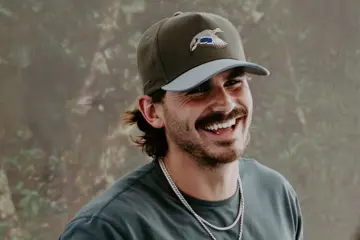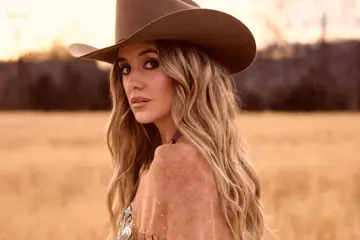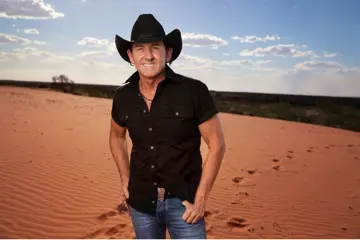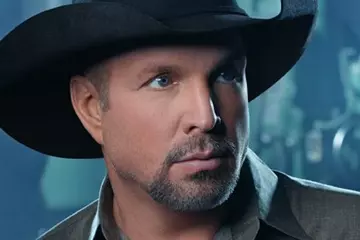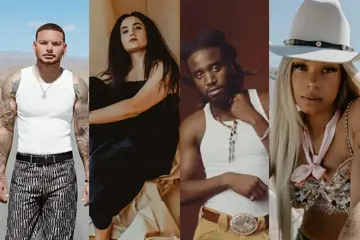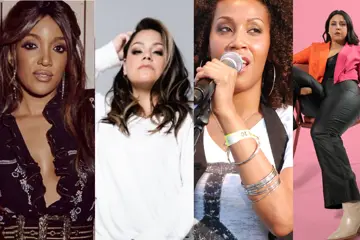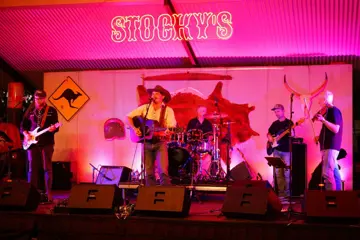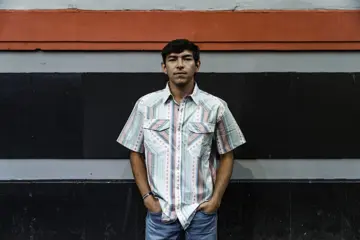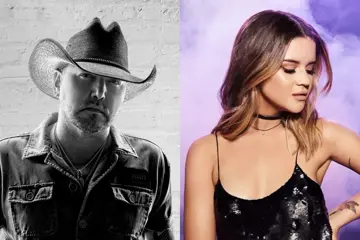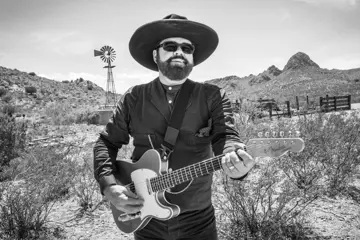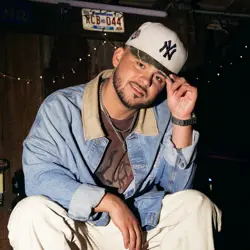 Jake Banfield
Jake BanfieldJake Banfield isn’t your typical country artist. His sound bridges his love for hip hop and the storytelling of country music. He’s creating something that feels entirely his own and fans are loving it.
Not afraid to be both high-energy and heartbreakingly honest within the same setlist. “Writing tells the story,” Banfield says. “You can have the party side, and then you can also have the sadder, more vulnerable side. That’s my two worlds colliding.”
When Lasso came together, he felt something shift. “We wrote that one really quickly,” he recalls. “When we were playing it back, it was just like, wow. This feels like me, my two worlds colliding: the hip hop and the country space.“
“I would listen to this. Is what I was thinking. So when we put it out and if people didn’t like it, I was like, ‘Okay, I’ll be the only listener, my mom will probably listen to it, so it'll be fine.’” he laughed. “But no, it felt special.”
Join our community with our FREE weekly newsletter
Banfield’s genre-bending approach is rooted in his upbringing. Raised on a mix of artists like George Strait and Drake, he quickly saw how that wide palette could serve his writing style. “The first time I got into a room with co-writers, I didn’t even know that was a thing, I grew up an athlete.” he says, laughing. “Melodically, I was wanting to go more pop/hip hop because that’s what I love. Lyrically, I leaned into the country stuff I grew up on, George Strait, Garth. It just happened organically. It’s what God gave me. That’s what wanted to come out.”
It wasn’t music he originally planned to pursue. Banfield was fully immersed in the sports world and planning on pursuing that, that was until an injury in college derailed his plans. “I grew up in church singing, so I knew I had a little bit of a voice, but it was never gonna be the thing. Then I got injured in college playing sports, and just as I got healthy again, quarantine hit. I never went back to basketball after that. I’ve always been about faith over fear, so I chased music and just hoped people would connect with it.”
That mindset spills over into his live shows. For Banfield, performing is about more than just putting on a good show; it’s about connection. “Some people are coming to have a great time, to party, to escape. Others are going through some really tough things, and they come to the show to forget that for a little bit. I want people to feel like they can escape, I want people to feel like they’re family. I want them excited to be there.”
Banfield isn’t all party anthems and stage energy. His track Boys Don’t Cry explores mental health with raw, emotional honesty. “My whole life I didn’t speak up. I’d just escape until it got too dark. And I realized, if I don’t speak up, I won’t be here. Once I did, I found out it’s actually okay to not be okay. That helped me want to talk about it in my songs.”
He’s candid about the pressure men, in particular, face when it comes to vulnerability. “It’s not just about men’s mental health, but mental health in general. There’s this idea that to be masculine means you can’t talk about your feelings. That’s not true. I thought speaking up made me look weak, I’ll never go back to that. That’s what Boys Don’t Cry is about.”
That emotional range is something Jake embraces in his performances. “It’s not really a roller coaster. “It’s a lot more up, up in my concerts, but there are those moments where it’s like, let’s get real. I mean, let’s talk about the real stuff. Let’s go to church for a little bit.”
Looking ahead, his goals are grounded in passion and gratitude. “I want to collab with a hip hop artist. That’s my two worlds again. And I want to play festivals, especially in Australia. The love from Australia has been unbelievable, so I definitely want to get out there.”
Banfield makes one thing clear, he’s not just crossing genre lines, he’s building bridges between communities, as well as the emotions and experiences felt in them. Whether it’s turning up the dial with Lasso or opening hearts with Boys Don’t Cry, he’s making space for both the energy and the honesty. And that’s what makes him stand out.
